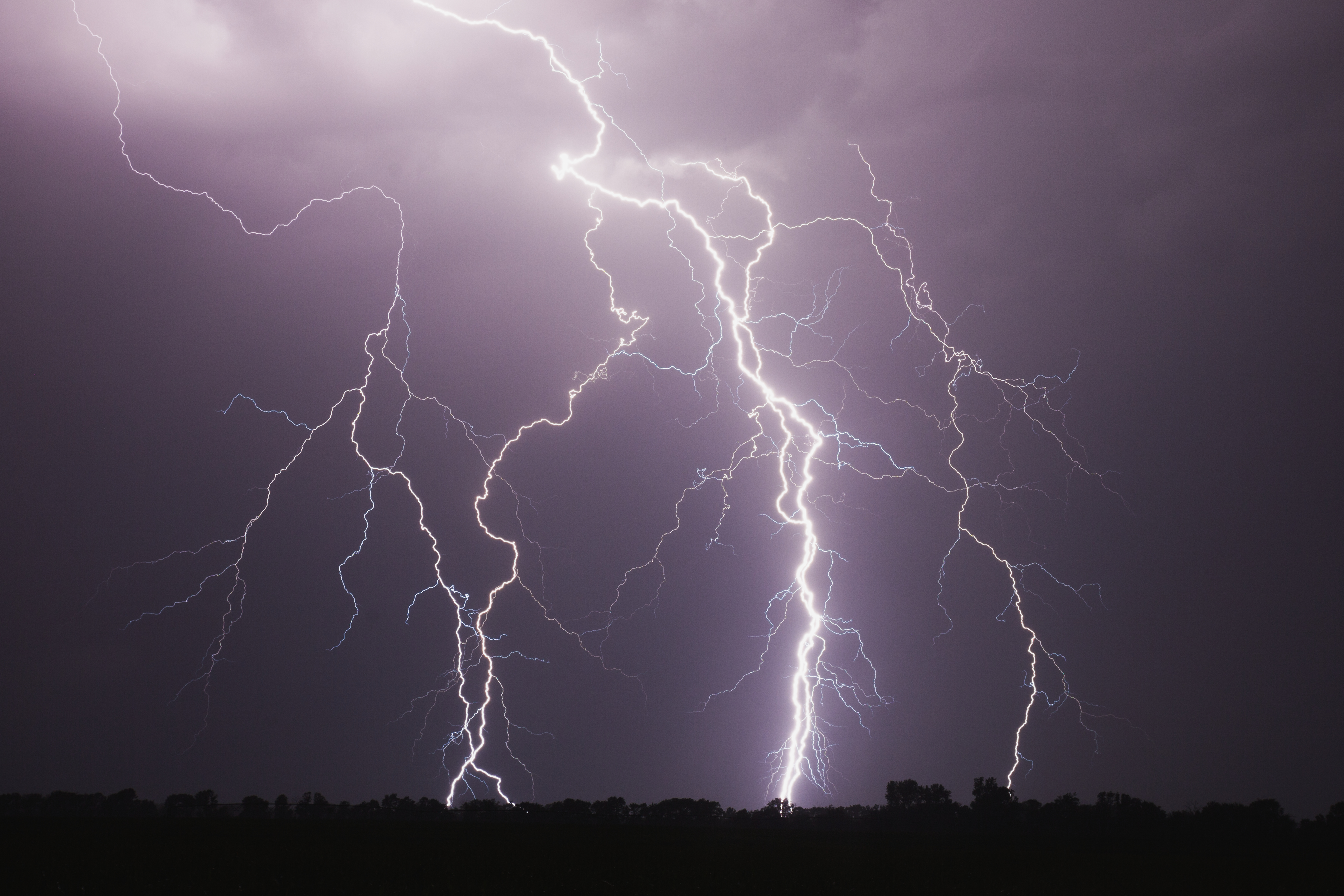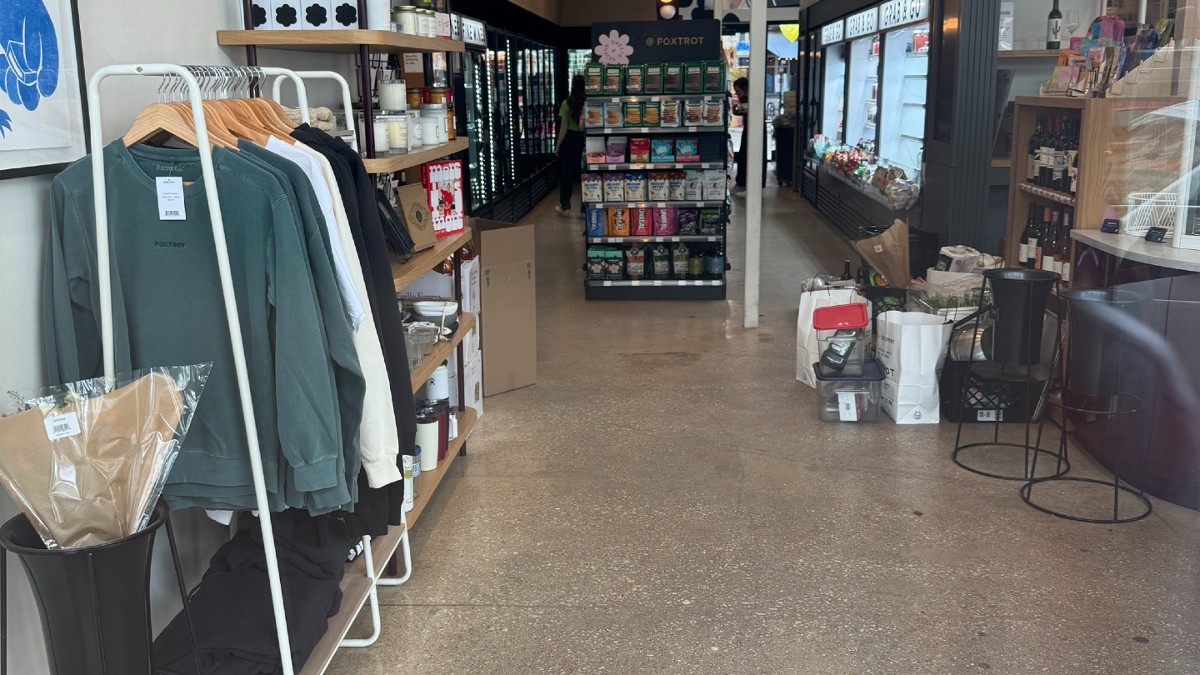While the BA.5 variant of COVID-19 continues to make up the majority of cases in the United States, several recent variants are beginning to emerge in larger numbers, causing concern among health officials.
With colder weather on the way in the coming months, here's what we know about the recently emerging variants as the COVID-19 pandemic heads into its third winter:
What Are The New Variants?
Among the new variants are XBB, BQ,1 and BA.1.1, which are all rising in numbers and have surpassed other recent variants such as BF.7, according to CDC data.
Feeling out of the loop? We'll catch you up on the Chicago news you need to know. Sign up for the weekly Chicago Catch-Up newsletter here.
BQ.1.1 and BQ.1 are among the newer variants to emerge but are already rising above other recent variants like BF.7 in their spread, according to the Centers for Disease Control and Prevention.
CDC data shows BQ.1 and BQ.1.1 make up 9.4 percent and 7.2 percent of recent cases respectively, as of Oct. 22. That's just under BA.4.6's 11.3 percent. Though BA.5 continues to dominate, making up 62.2 percent, that number is significantly below the more than 80 percent seen in recent months.
BF.7 currently makes up 6.7 percent of recent cases, remaining below the recently rising variants.
Local
What Other Countries Have Been Affected Already?
One variant that has yet to show up in sizable numbers in the U.S., the XBB variant, has been making headlines for its role in a recent wave of COVID cases in Singapore.
"The XBB variant wave in Singapore will soon be their 2nd worst for the pandemic," Dr. Eric Topol, founder of the Scripps Research Translational Institute, tweeted. "The reinfection rate prior to the wave was 5% and now up to 17%, which tells us about the immune escape properties of this variant (akin to BQ.1.1, very high level of immune evasion)"
Could the New Variants Better Evade Vaccines and Treatments?
Another concern is whether the new variants can evade treatment from monoclonal antibodies, like Evusheld, which is used to prevent infections in those who are immunocompromised and not generating enough response from the vaccine.
The U.S. Food and Drug Administration earlier this month updated its information for health care providers to state that those receiving the treatment could be at an "increased risk for developing COVID-19 when exposed to variants of SARS-CoV-2 that are not neutralized by Evusheld."
According to White House Medical Adviser Dr. Anthony Fauci, BQ.1.1 specifically has shown an “apparent ability to evade antibody treatments,” such as monoclonal antibodies, and says that the variants are showing "pretty troublesome" characteristics.
“That’s the reason why people are concerned about BQ.1.1., for the double reason of its doubling time and the fact that it seems to elude important monoclonal antibodies,” he told CBS in an interview.
According to NPR, "doubling-time" is a metric used by epidemiologists to determine how rapidly a virus is spreading in a given population. The faster that cases of a particular strain double, the faster it is spreading, according to physicians.
Could These Variants Lead to More Variants of COVID-19 Emerging?
Beyond the variants' ability to spread quickly, Topol told TIME that BQ.1.1 is "riddled with troublesome mutations" that could "pose a threat to our immune system's response."
Chicago's top doctor said the rapid rate of increase is worrisome, but it's not all bad news.
"These are all subvariants of omicron," Chicago Department of Public Health Commissioner Dr. Allison Arwady said Tuesday. "And so, I don't like to see new variants at all, but the one I would be really worried about is a variant emerging that is not part of omicron because that is the real question in terms of major lack of predictability."
She noted that seasonal shifts could play a role in the rise in new variants.
"The way COVID, like any other virus, mutates, creates new variants is by spreading," Chicago Department of Public Health Commissioner Dr. Allison Arwady said Tuesday. "Every time there's a new COVID infection, there is an opportunity for the virus to mutate just a little bit in the genetics of it. And when we start to see more COVID infections happening, we also start to see more variants.That's just how it works. So the fact that we're heading into colder weather, it doesn't surprise me at all that we would see more mutations."
Are the New Bivalent Boosters Still Effective Against These Variants?
Fauci did say that while all data is preliminary, it does appear that the new bivalent COVID boosters, specifically formulated to combat omicron subvariants, are still effective at preventing serious illness and death even with the new variants that are emerging.
Arwady agreed.
"We're not in quite as stable place as we were six weeks ago... but the best news is everything is still omicron," she said. "And so getting your fall 2022 vaccine should give us that extra protection we're going to need... remember that the updated variant is specifically good for the BA.4, BA.5, which is more than 80% of what we're seeing right now."
The White House last week said eligible Americans should get the updated COVID-19 boosters by Halloween to have maximum protection against the coronavirus by Thanksgiving and the holidays, as it warned of a “challenging” virus season ahead.
Dr. Ashish Jha, the White House COVID-19 coordinator, said the U.S. has the tools, both from vaccines and treatments, to largely eliminate serious illness and death from the virus, but stressed that's only the case if people do their part.
“We are not helpless against these challenges," he said. “What happens this winter is up to us.”
Still, it remains unclear whether those new bivalent boosters will protect against infection in general, with studies still underway even as Americans get the shots.
Germany's health minister warned at the end of September that the country is seeing a steady rise in COVID-19 cases as it goes into the fall, and urged older people to get the new COVID booster shots. Other European countries such as France, Denmark and the Netherlands are also recording an increase in cases, Karl Lauterbach told reporters in Berlin.
“We are clearly at the start of a winter wave,” he said.
This comes as cases, deaths and hospitalizations continue to decrease across the United States, according to CDC data.
Even still, Fauci and other public health officials say that slow uptake of the new COVID vaccine boosters could potentially lead to serious consequences in the fall and winter months, when more residents are spending time indoors.
In Illinois, cases have essentially flattened in recent weeks, with a daily average of 1,623 new cases of COVID per day. Most of the state remains at a “low transmission” rate of the virus, according to the CDC, with a handful of counties currently at a “medium transmission” rate, including Champaign County and Jo Daviess County.
Despite vaccine uptake, Arwady said she is still anticipating a surge in the coming months.
"I would be the happiest person alive if we made it through this winter staying at a low COVID 19 level, but I don't think it's likely to happen," she said. "So, you know, I think we're likely to see some increase in COVID cases and probably some increase in COVID hospitalizations and deaths."



